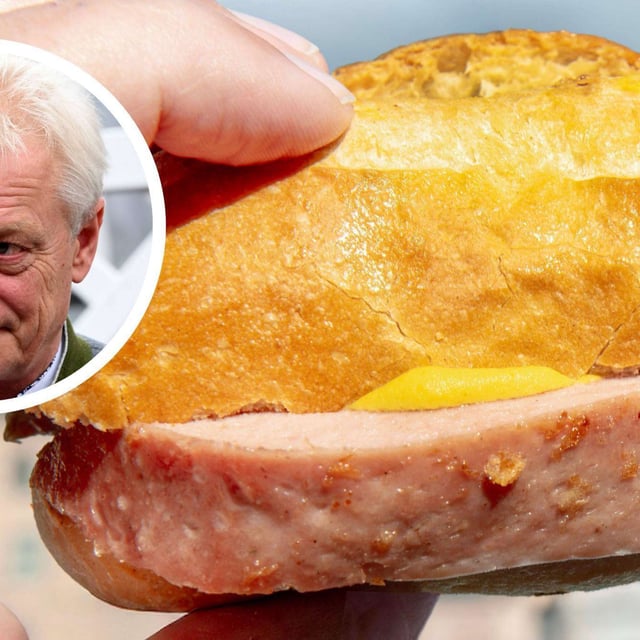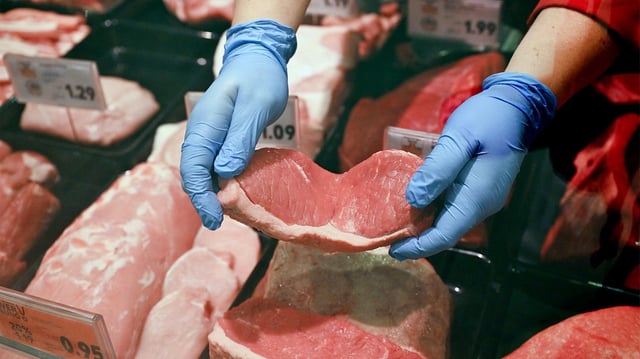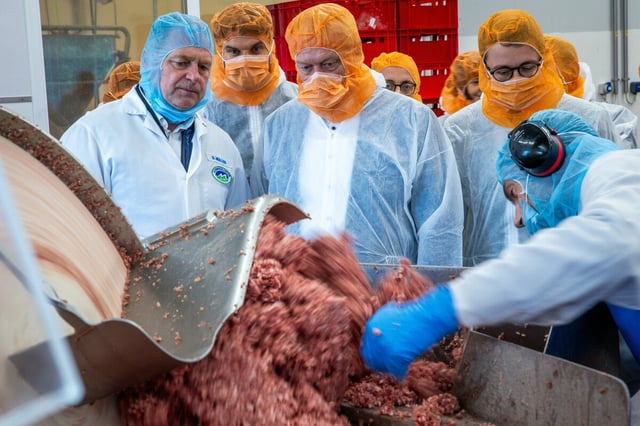Overview
- Agriculture Minister Alois Rainer told ARD’s Panorama that meat consumption has nothing to do with climate protection, and his ministry later emphasized the government will not dictate diets.
- Climate Minister Carsten Schneider avoided stating whether high meat intake is harmful, saying he rejects framing the issue as competing priorities.
- Germany’s Umweltbundesamt identifies livestock as a major greenhouse‑gas source through methane from ruminants, nitrous oxide from manure and fertilizer, and CO2 from land use, with FAO attributing roughly one‑sixth of global emissions to animal agriculture.
- The federal advisory board WBAE recommends ending the 7% reduced VAT on animal products, adding climate and nutrition labels, and backing alternative proteins, but Rainer opposes a VAT hike and the Finance Ministry says no changes are planned.
- PIK researcher Hermann Lotze‑Campen urges about a 70% cut in meat intake, as Germans average over 1 kilogram weekly versus the DGE guideline of no more than 300 grams, and scholars note meat has become a politically charged cultural symbol.


